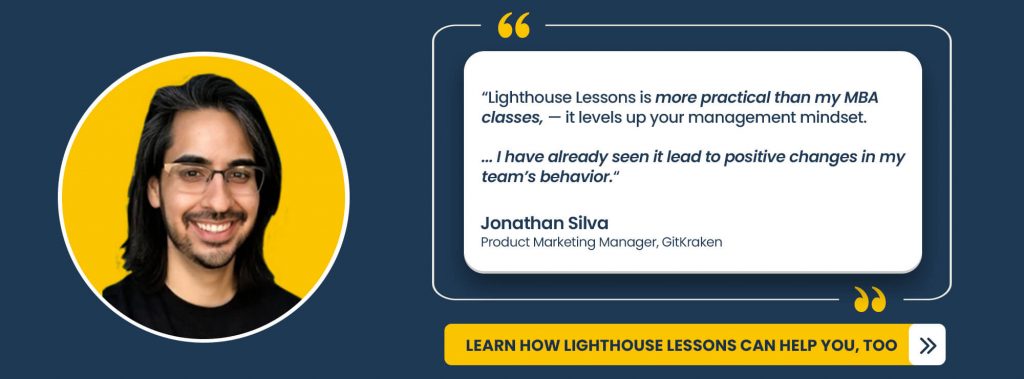Are you mindful as a leader? Do you know what it means to practice mindfulness at work?
"I think of mindfulness as the ability not to be yanked around by your own emotions,” says Dan Harris, ABC Nightline anchor and author of 10 Percent Happier. "That can have a big impact on how you are in the workplace.”
Sounds like an understatement. With all the curve balls and challenges life and work throw at us, being more in control of your mindset could help any leader.
Got Mindfulness?
There are a lot of important skills that leaders should seek to have: self-awareness, empathy, and optimism being just a few. Mindfulness at work helps you develop all three of those qualities as well as boost your emotional intelligence (EQ).
Just how important are these mindfulness management skills? A study by Christine Porath and her research team at Georgetown University discovered that the damage of a low EQ leader is significant:
- 63% of employees surveyed said they wasted time avoiding the low EQ leader
- 75% of employees said that their commitment to their job had waned
- 12% of employees said they quit their job because of that bad leadership
How can one simple skill have such a big impact on your ability to lead and manage others? Let's find out...

How mindfulness management can make you a better manager
Mindfulness involves paying attention to your present moment, usually with a point of focus (like your breathing, or a feeling) while maintaining relaxation. There are a lot of fancy definitions out there, but that's what it comes down to.
More than anything, mindfulness management practices develop your self-control. With it, you can think more clearly, identify issues, make improvements, and generally stay on track both mentally and emotionally.
As Daniel Goleman, psychologist and author of Emotional Intelligence describes it:
"Star leaders are stars at leading themselves, first... If you can't fine-tune your own actions– keeping yourself from blowing up or falling to pieces– you'll be poor at handling the people you deal with.”
Ultimately, mindfulness gives you the ability to manage yourself more effectively, which then allows you to manage your team to the best of your ability.
Remember: Your team follows your example, so you must start with yourself to lead others well.
Mindfulness management improves our ability in all 4 quadrants of emotional intelligence
As we've written before, emotional intelligence is an essential skill as a leader to be successful. The Red Sox even used it to win a World Series.
The good news is that developing and improving your mindfulness improves all 4 key areas of emotional intelligence:
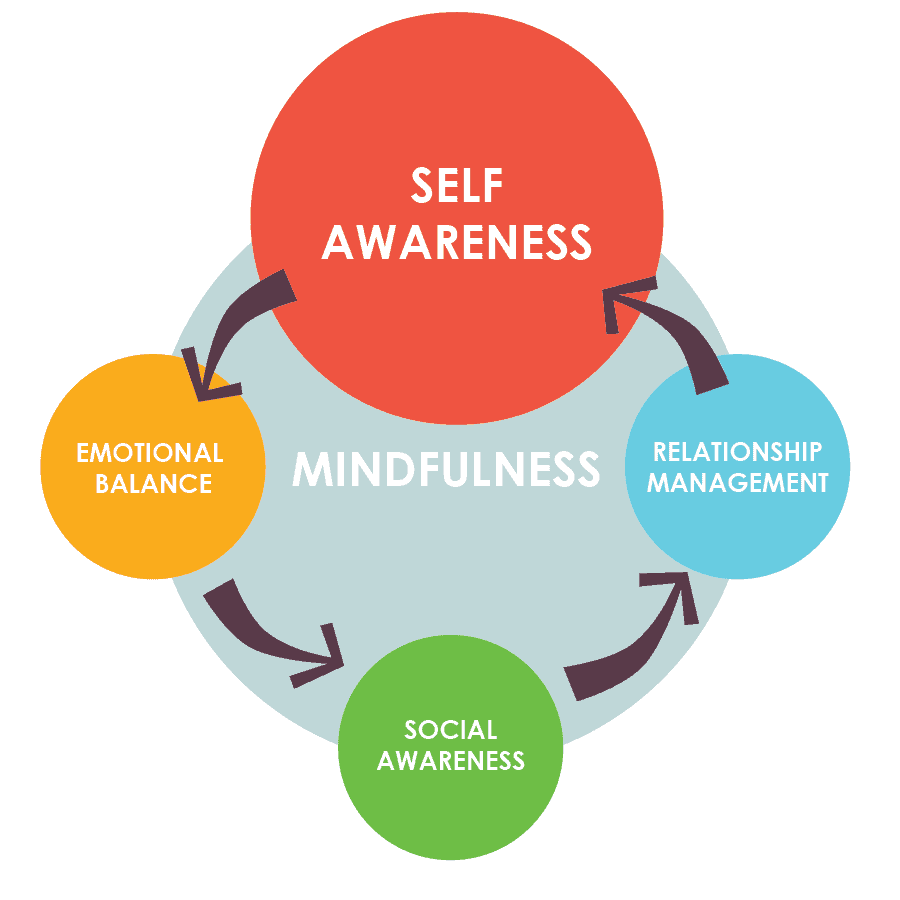
A study shared in the Harvard Business Review found that mindfulness helps you develop several key leadership qualities connected to emotional intelligence including:
- Meta-cognition: The ability to monitor your thoughts and feelings, a key part of both self-awareness and emotional balance.
- Curiosity: Mindfulness makes you more interested in the people around you, helping you develop better relationships with your team members.
- Empathy: This gives you better understanding of others, helping improve the quality of your communication and developing stronger bonds with your team.
Developing quality communication, obtaining regular feedback, and building strong relationships with team members are all essential to being a great manager. And, it just so happens, practicing mindfulness at work helps you do all of that and more.
Knowing now all the ways mindfulness for managers makes you a better leader, let's dig into how you can become more mindful right now.

1. Start each day with meditation to improve your self-awareness
In his book, How to Fail at Almost Everything and Still Win Big, and related blog post, Scott Adams writes:
"Humans rarely (if ever) do anything because of logic and reason. The part of us we consider rational is in reality a rationalizer. Your mind is creating little movies in which you are the star.”
We're great at rationalizing our behavior under any and every circumstance. This is especially damaging when it comes to managing your team. That lack of self-awareness can keep you from noticing problems (until it's too late) and cause you to become defensive when crucial, accurate feedback is shared with you.
Unfortunately, we're so good at rationalizing everything, we rarely notice that we're doing it. Mindfulness is the perfect counter to this because it helps cut through that illusion and gives you clarity. With enough practice, you'll realize when you're lying to yourself and put a stop to it.
The only problem is, it takes time to develop this levelof self-awareness.

Getting started: Sitting meditation is your best beginner practice
Mindfulness is a habit that has to be developed over time, but it's completely opposite our typical disposition. We're used to rushing through our day, heads down and always pushing forward to the next meeting or one on one. Those habits make shifting to a more self-aware state pretty difficult.
That's why traditional meditation is the most useful practice for developing your awareness.
It can be as simple as a mindful breathing practice, where you focus on your breath and acknowledge when a thought, feeling, or sensation distracts you.
Keep in mind: when you sit down to meditate, it's to meditate and do nothing else. You're not in a meeting, you're not responding to your team on Slack, you're just here being fully with your own thoughts.
It's actually harder than you may think, but the payoff is huge.
Even a few minutes is enough to have a positive effect. In fact, just 15 minutes of meditation has been shown to have the same effect as a full day of vacation for mood and relaxation, according to one study in the Journal of Positive Psychology.
How you can practice mindfulness meditation
To meditate, sit down, and focus on each breath you take in and then each breath out. When distractions (thoughts, feelings, bodily sensations) come to mind, acknowledge them and then return to a focus on your breathing. That's it.
With this kind of focused practice, none of your typical habits– to jump on your smartphone or rush to read the next email or notification– can get in the way.
In fact, noticing when those behaviors come to mind while you're sitting– cycling through your worries or stressors, the impulse to dart to the next thing– become the very focus of your practice.
With this practice, you will see more clearly the habits that drive your conscious behavior. You see the bias, the errors in judgment, the impulsiveness, uncertainty, worry, and defensiveness. All those things hold you back from becoming the best leader you can be. They rise to the surface here and then you're able to develop the skill of letting them go.
As for when and where, you can meditate whenever (and wherever) you find the time. However, it's best if you can get it in shortly after you wake up. By doing so, you can start your day from that state of focused awareness.
*Read more about how to meditate in this post from 10% Happier.
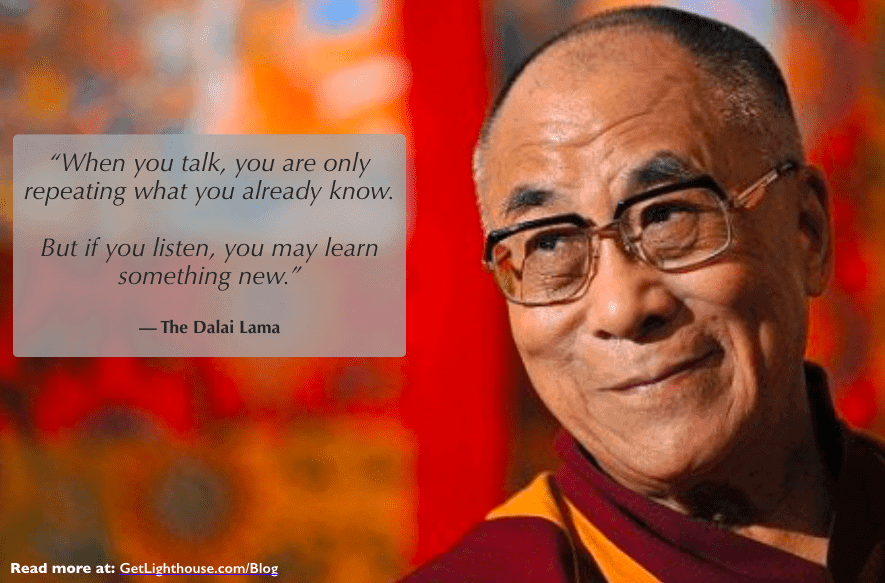
2. Use mindful listening to improve your communication (Especially during your one on ones)
Listening to your own thoughts is a key step in developing your mindfulness. Once you start truly hearing yourself, the next step is to listen to others, especially your team.
Listening is an essential skill to master, because learning to listen better has all kinds of positive benefits:
- Your team will like you more: People want to feel heard, which comes from showing a genuine interest in your team and asking good questions.
- You'll get valuable feedback: Everyone has good ideas and valuable insights, but you'll only hear them if you listen, follow through, and act on what you hear. If you want to dive deeper then check our post about the key ways to get feedback from your employees.
- It's easier to get buy in: By listening to your team's ideas, they're more likely to support your idea or initiative, and also help you improve it.
Unfortunately, most of us have the bad habit of waiting for our next chance to speak instead of fully listening to the other person talking. Or, if it's not that, it's easy to let distractions like push notifications pull you away mid-conversation.
Both really bother the other person when they notice it happen, and can really damage your relationship long term if it keeps happening.
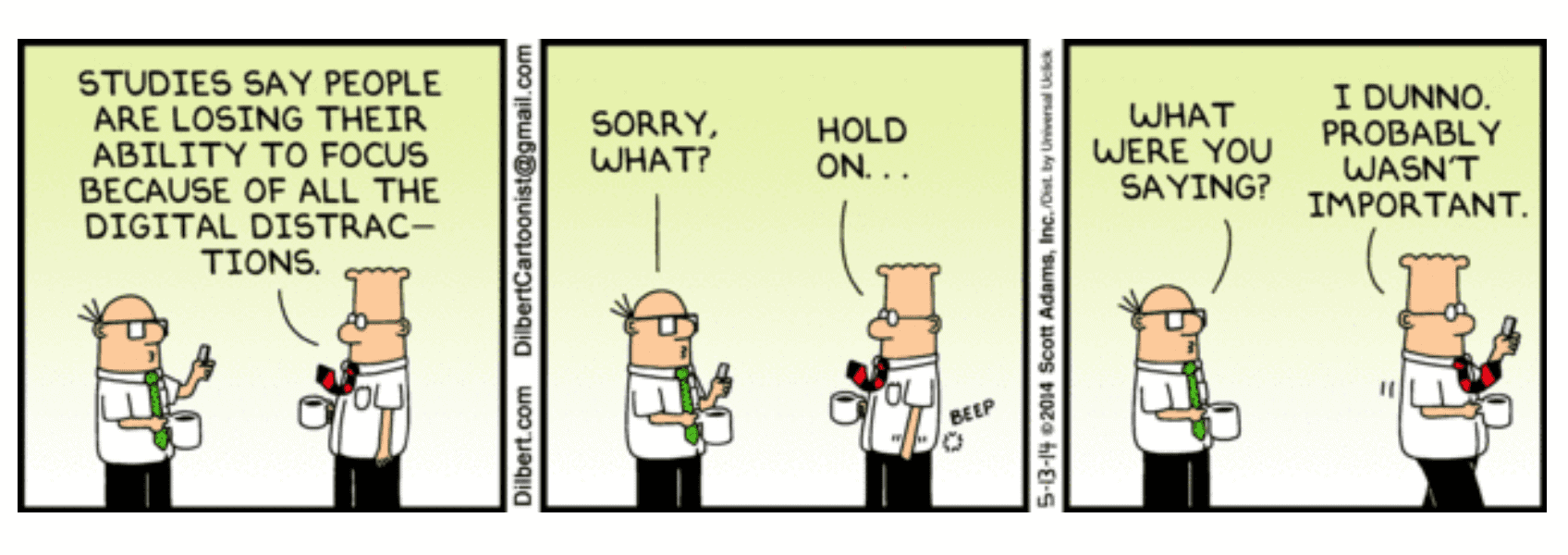
Do you really listen?
When was the last time you really made the effort to listen to one of your team members fully? When did you last give your undivided attention in a conversation with them? And when did you do so without passing judgment on what they were saying as they were saying it?
Each of your team members has something valuable to say. It could be a variety of things including:
- Frustration with someone else on the team
- Feeling stuck or bored in their work
- A great idea to help improve the team, a project, or your product
- Coaching or support on a task they're assigned
However, if you're not truly listening, not only may you not hear it, they may never say it to begin with. (Because let's face it, we all know when someone isn't listening to us.)
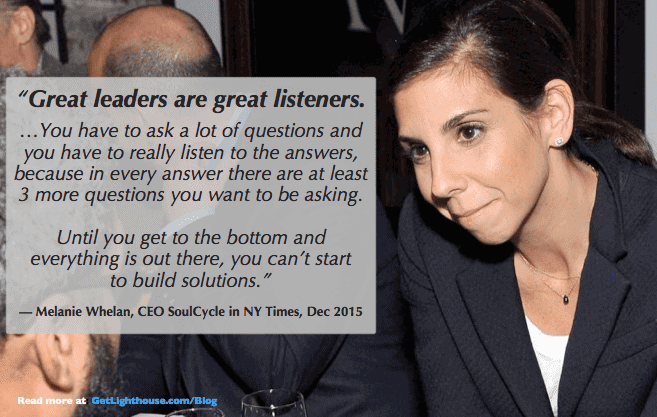
How you can practice mindful listening
Mindful listening is a simple mindfulness practice that's an adaptation on the basic meditation practice.
Instead of focusing on your breath, focus on the other person's words and what they mean.
You'll still want to allow yourself to notice any thoughts, feelings, and sensations that come up for you. However, just like with the basic meditation we just taught you, keep bringing yourself back to their voice each time you notice a distraction.
This kind of listening practice is powerful because you're not just intently listening, you're actively bringing yourself back to focusing on the person you're talking to.
Unfortunately, even if we do manage to listen to someone, it's easy to have a bad habit of passing judgment as they're speaking to us. Instead, you want to hear what they're saying and fully understand them before you think about how you're going to respond.
To do this well, you need to develop your Active Listening Skills:
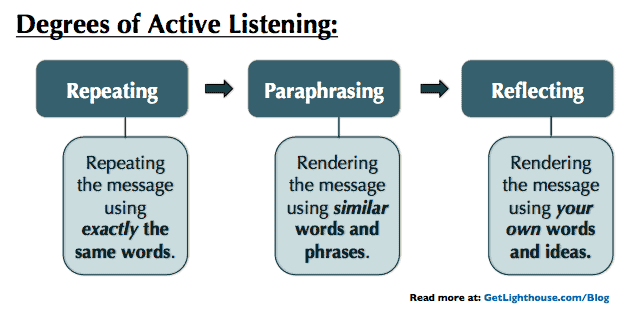
After listening closely to what they say, and before moving on to the next question or your own response to it, take a moment to share what you believe they said back in your own words.
Then, ask if they agree with your reflection of what they said, or follow up by asking them clarifying questions.
Oftentimes, even when we think we are listening, we interpret what others are saying wrong. That's because we're filtering it through our own perception, which is rarely how they see things (remember we all have different "little movies in which you are the star.")
By listening mindfully to your team members, and being fully present in the conversations with them, you can be sure they'll feel heard and that you fully understand what they're trying to tell you.
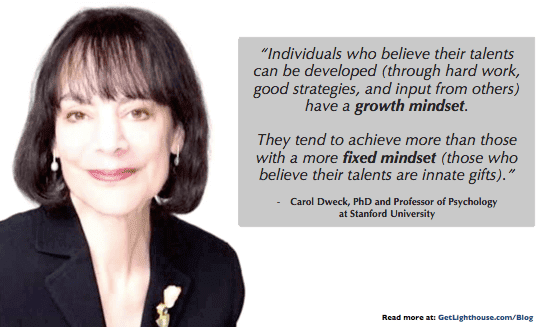
3. Use mindfulness at work to develop a growth mindset
Mindfulness is about opening yourself up to what's going on in each moment. When you do that, you see how things frequently change around you, and observe your challenges and progress more clearly.
At the same time, it's important to recognize, mindfulness is also about refraining from judgment. No matter what is going on within you, you learn to notice and accept it without criticizing yourself or others.
That's why mindfulness helps you develop a growth mindset, too. According to Standford psychologist Carol Dweck, whether you have a fixed or growth mindset is also about how you interpret challenges, criticism, and your personal effort.
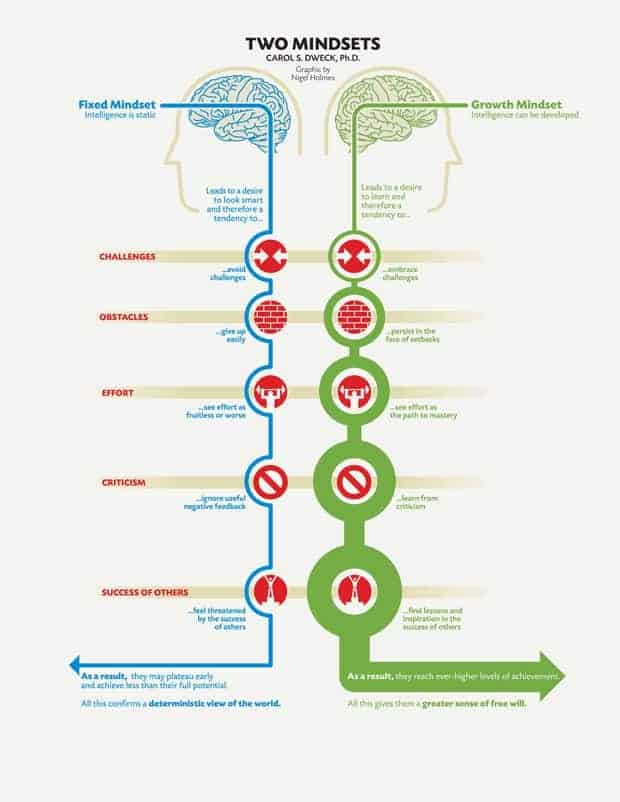
Since you're developing others, and setting an example for your team, this is an especially important concept for managers.
If you have a fixed mindset, you believe that you can't improve; everything is a natural skill or a weakness you're stuck with. This is a generally very negative outlook.
Meanwhile, if you have a growth mindset, you believe that you can change and improve. This leads to a more positive outlook, because you can see that setbacks are temporary, and that people can change.
Criticism, challenges, and obstacles are all opportunities for growth when you look at them through the right lens. And if you've been a leader for long, you know that you face them constantly in your job. Mindfulness can help open your mind to embrace a growth mindset.
Mindfulness management practices help you overcome your challenges
It's a pretty big misconception that the purpose of meditation is to "bliss out” and forget your problems. The irony is the definition of mindfulness is the polar opposite of that misconception.
Mindfulness is about noticing what's going on within and around you and acknowledging those things. You don't ignore:
- The stress that has your head pounding
- The restless anxiety you're feeling over your team's performance
- Or the worries you're cycling through your mind about the future of your team or company.
Instead, practicing mindfulness is about facing these things and recognizing that they exist. Mindfulness conditions you to face your problems, not avoid them.
Use mindfulness to notice your difficult thoughts and feelings
We're all human. Even great managers have negative feelings. The difference is how you respond to them.
For example, if you once were proud of your coding skills, but now see some of your team exceeding you, you may feel envious or jealous.
This is natural. As a manager you've likely learned you need to step away from IC work and focus on making your team more productive. That means your coding skills will likely weaken at the expense of your new leadership skills.
Fortunately, mindfulness allows you to notice those thoughts and realize how irrational they are. You're a manager now, and you want your team to be better than you at the things you need them to do daily.
By noticing the jealousy and friction that's caused by it, you're able to move past it, which helps you build a better relationship with your team members.

Use S.T.O.P. to bring awareness to your fixed mindset
You can practice mindfulness anywhere and with as little as a minute to stop and break.
When you notice yourself clinging to a limiting belief connected with a fixed mindset, you can use a simple exercise called, "STOP" to recognize those thoughts when they come up.
To practice STOP, simply:
- Stop what you're doing and take a moment to pause, no matter what you're doing.
- Take a deep breath and focus on your breath going in and out of your body. This helps root you back in the present instead of being locked in your own mind.
- Observe what's going on. What thoughts, feelings, and sensations are you feeling?
- Proceed with what you were doing after having recognized how you're feeling.
You can do this in your office, the restroom, your car, or during a short walk outside. Where doesn't matter, nor does how long, only that you take the time to go through the 4 steps.
For example, let's say you received some feedback during a one on one:
- How did it make you feel?
- What kind of thoughts arose in connection with that feedback?
- Did you feel (or worse, react) defensive or accepting of it?
You might think you have a growth mindset, and not a fixed one, but they're not either-or states. You could still have a little apprehension or defensiveness in you with a mostly growth-oriented mindset.
However, by investing the time to notice these little inclinations when they come up you can continue to improve over time. You'll also stop any negativity or bad habits in their tracks by being more aware when they occur.
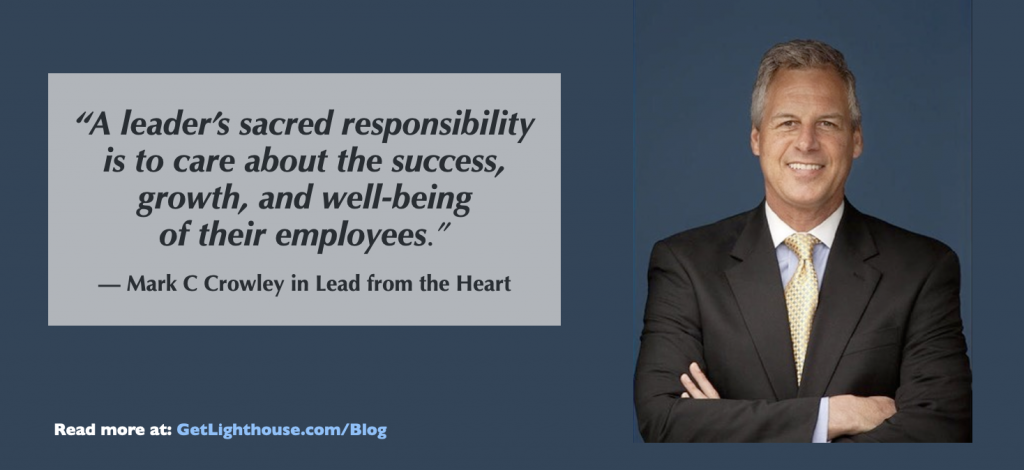
Practicing mindfulness helps you be a better manager
Mindfulness helps develop many skills and qualities that are critical to being a great manager. However, it takes practice for you to develop this kind of self-awareness and clarity of mind.
Use the simple practices we covered today to start implementing a regular mindfulness practice of your own. Even a few minutes of practice will help you be more self-aware each day at work.
However you decide to do it, the important thing is you start trying a few different times or approaches. Then, build a habit around what works best for you.
And if you want to learn more of the skills and qualities associated with mindfulness, start here:
- For managing your stress: 8 Ways to Address Your Workplace Stress You Can Start Today
- On improving your outlook: How to use a Positive Outlook to Make Yourself a Better Leader
- Remembering to pause regularly: Why Managers Should Take a Break
- To build your emotional intelligence: How to Improve Your Emotional Intelligence to Become a Better Leader
- Embracing praise & positivity for you and your team: The Ultimate Workplace Praise Guide: How to be More Positive at Work and Give More Praise to Your Team
Hungry for more? Want to level up your leadership skills? Lighthouse Lessons can help you.
Our bite size, highly actionable programs are perfect for even the busiest of managers. Become a better leader like Jonathan Silva did by learning more and signing up here.
